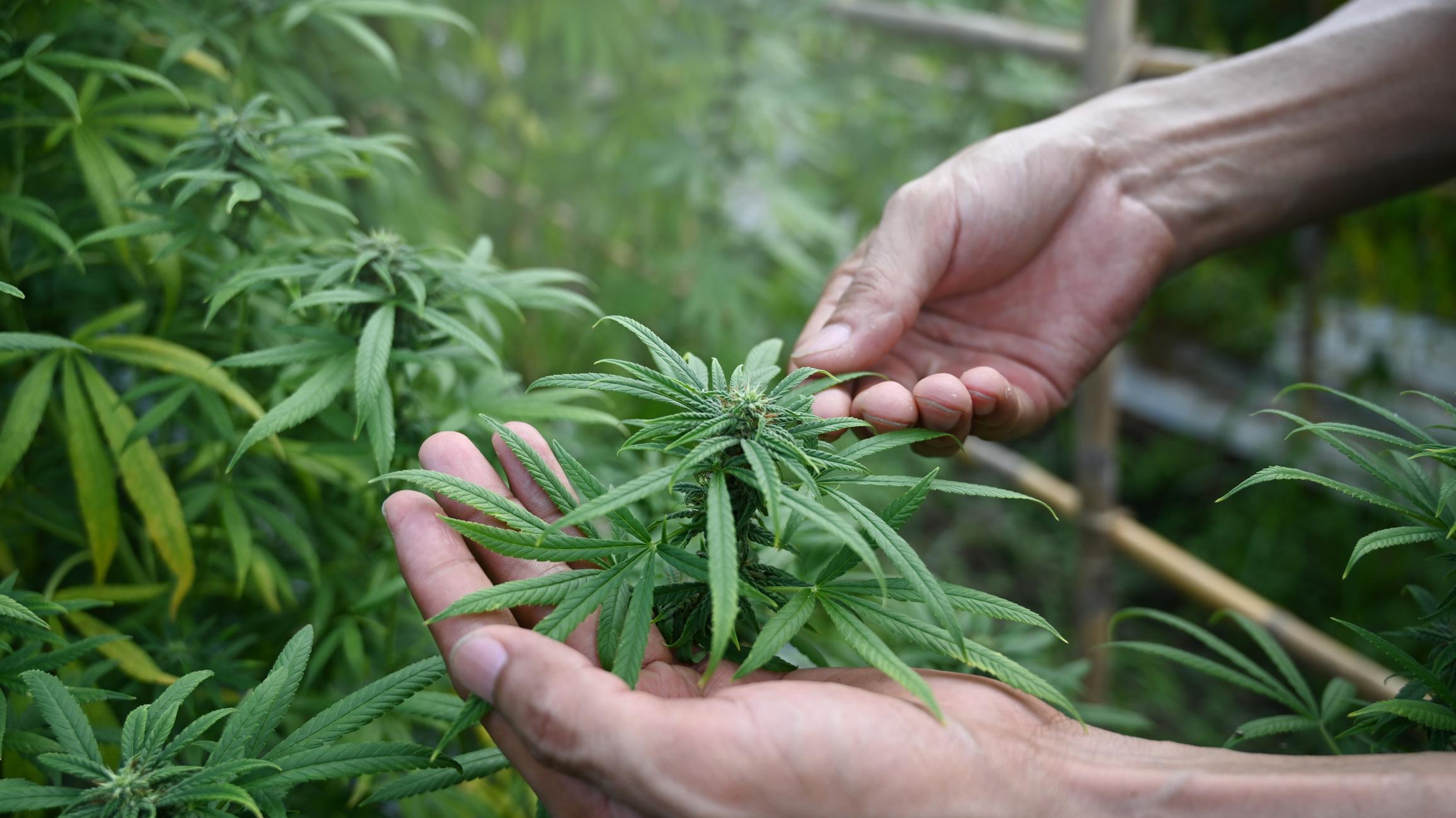People who regularly use cannabis are more likely to suffer from myocardial infarction, stroke and heart failure.

- Daily cannabis users have a 34% increased risk of developing heart failure.
- During hospitalization, 13.9% of people using cannabis and with cardiovascular risk factors suffered a major cardiac or cerebral event.
- High blood pressure and high cholesterol were predictors of major adverse cardiac and cerebral events in consumers.
“With the increasing legalization of cannabis in the United States, its use has increased exponentially, especially among young people. However, much remains unknown regarding its implications on cardiovascular health.” This is what American researchers have reported. To evaluate the association between the frequency of cannabis consumption and the appearance of heart failure, they carried out a study the results of which will be presented at the 2023 meeting of the American Heart Association, which will be held November 11-13 in Philadelphia.
Cannabis: regular users have a 34% increased risk of developing heart failure
As part of this research, the team recruited 156,999 healthy people. The latter participated in the All of Us research program sponsored by the National Institutes of Health. In a lifestyle and environment questionnaire answered by participants, scientists defined cannabis use “as any use not prescribed or, if prescribed, beyond prescribed doses”. The authors also took into account certain factors, such as diabetes, hypertension, hyperlipidemia, BMI, alcohol consumption and smoking.
According to the results, during the 45-month follow-up, 2,958 adults, or almost 2%, developed heart failure. People who reported using cannabis daily had a 34% increased risk of developing heart failure, compared to those who reported never using it. This risk was the same regardless of age, sex at birth or smoking history. In a second analysis, when coronary heart disease was added to the survey, the risk of heart failure dropped from 34% to 27%. “suggesting that coronary heart disease is a pathway by which daily cannabis use can lead to heart failure, and that the risk of heart failure is higher among people who have used cannabis.”
Stroke, heart attack: cannabis consumption also increases the risk
In another study, which will also be highlighted during the 2023 congress of the American Heart Association, American scientists have also highlighted the cardiovascular risks linked to cannabis consumption. For the purposes of their work, they examined the medical records, from several hospitals, of 28,835 adults, aged over 65, suffering from disorders linked to cannabis consumption, high blood pressure, type 2 diabetes. or hypercholesterolemia.
According to the results, 20% of them had an increased risk of experiencing a major heart or brain event while hospitalized, compared to the group that did not use cannabis. Another observation: 13.9% of cannabis users with cardiovascular risk factors suffered a major cardiac or cerebral event during their admission to hospital. Additionally, people who used cannabis had a higher rate of heart attacks and were more likely to be transferred to other facilities. According to the authors, high blood pressure and high cholesterol were predictive factors for major adverse cardiac and brain events in cannabis users.
“Smoking and inhaling cannabis increases blood concentrations of carboxyhemoglobin and tar”
“The latest research on cannabis use indicates that smoking and inhaling cannabis increases blood concentrations of carboxyhemoglobin (carbon monoxide) and tar (partially burned combustible material) similar to the effects of inhaling a cigarette, both of which have been associated with heart muscle disease, chest pain, heart rhythm disturbances, heart attacks and other serious conditions. (…) With the results of these two studies, the cardiovascular risks associated with consumption of cannabis are increasingly clear and must be carefully considered and monitored by health professionals and the general public. said Robert L. Page II, a member of the American Heart Association, in a statement.















